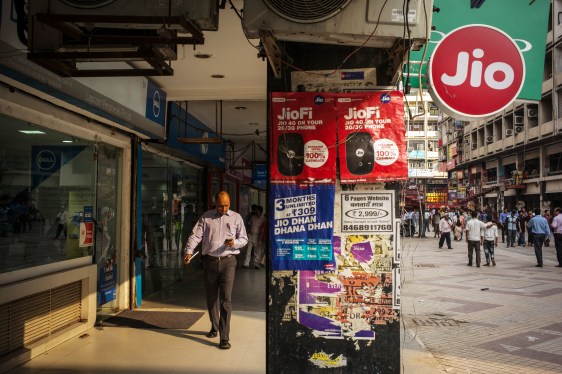Government Intervention Leads to Removal of Popular VPN Apps
In a significant development, the Indian Ministry of Home Affairs has issued removal orders for more than half a dozen VPN apps, including Cloudflare’s widely used 1.1.1.1, from India’s Apple App Store and Google Play Store. This move comes in response to concerns raised by government authorities about the potential misuse of these apps.
Affected Apps
Among the affected apps are Hide.me and PrivadoVPN, both of which have been popular among users looking for secure online browsing experiences. The removal of these apps is a significant blow to their developers, who had invested heavily in building and maintaining their services.
Government’s Reasoning
According to a communication from Apple to one of the affected developers, seen by TechCrunch, the company cited a "demand" from the Indian Cyber Crime Coordination Centre (ICCCC), part of the Ministry of Home Affairs. The ICCCC deemed that the developer’s content contravened Indian law.
New Regulatory Framework
The enforcement action marks the first significant implementation of India’s 2022 regulatory framework governing VPN apps. The rules mandate that VPN providers and cloud service operators maintain comprehensive records of their customers, including names, addresses, IP addresses, and transaction histories, for a five-year period.
This stringent requirement has prompted pushback from major industry players. Leading brands like NordVPN, ExpressVPN, Surfshark, and Proton VPN have voiced significant reservations about the rules, with several announcing plans to withdraw their server infrastructure from India.
Industry Reaction
While some VPN providers have chosen to continue operating in India, albeit without marketing their apps in the country, others have decided to exit the market altogether. NordVPN, ExpressVPN, and Surfshark continue to maintain services for Indian customers but have stopped promoting their apps in the region.
This development highlights the challenges faced by VPN providers in navigating complex regulatory landscapes. As governments around the world increasingly scrutinize online activities, VPN providers must balance their commitment to user privacy with the need to comply with local laws.
Background on India’s Regulatory Framework
India introduced its 2022 regulatory framework governing VPN apps in response to concerns about national security and online safety. The rules were designed to ensure that VPN providers and cloud service operators maintain accurate records of customer activities, which can be used by law enforcement agencies to investigate potential crimes.
While the intention behind these regulations is clear, their implementation has raised several questions about data retention, privacy, and user freedoms. As India continues to grapple with the complexities of online regulation, it remains to be seen how VPN providers will adapt to this new landscape.
Impact on User Privacy
The removal of popular VPN apps from the Apple App Store and Google Play Store raises concerns about user privacy in India. Without access to these services, users may feel vulnerable to surveillance and data breaches.
As governments increasingly use regulatory frameworks to exert control over online activities, it is essential for VPN providers to prioritize transparency and user protection. By doing so, they can maintain their commitment to online security while also complying with local laws.
Conclusion
The removal of more than half a dozen VPN apps from India’s Apple App Store and Google Play Store marks a significant development in the country’s ongoing efforts to regulate online activities. As governments around the world continue to grapple with the complexities of online regulation, it remains to be seen how VPN providers will adapt to this new landscape.
By prioritizing transparency, user protection, and compliance with local laws, VPN providers can maintain their commitment to online security while also ensuring that users’ rights are protected.
